Flowers and plants in the bedroom
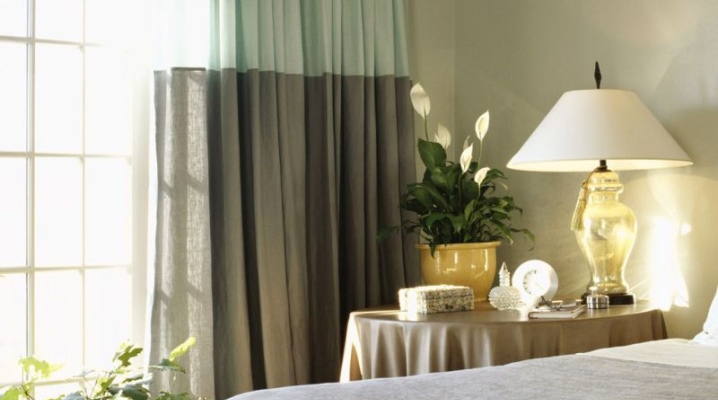
The beauty and decorativeness of flowers are the reasons why they are purchased. Rarely does anyone think about their healing properties or the effect on the nervous system. And this is very important when choosing colors for the bedroom, because this is a place for rest and relaxation, the accumulation of new strength for the coming day.
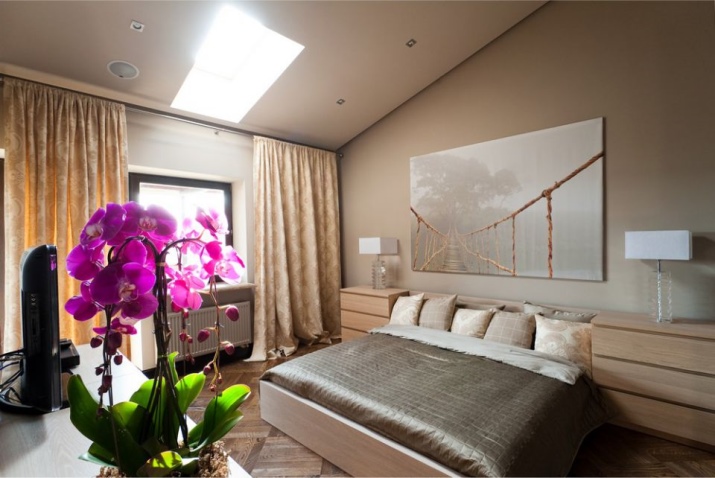




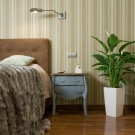
Can flowers be kept in the bedroom?
Many do not dare to grow flowers in the bedroom, citing their harmful effects. Still, there are some plants and flowers that are suitable for the bedroom, because they have a positive effect on human health. But it is important not to overdo it with their quantity, as plants grow at night and absorb large amounts of oxygen, which is so necessary for restful sleep. Another nuance - the plants should be located no closer than one meter from the berth. Considering all these recommendations, flowers can be placed in the bedroom, but not all of them are suitable for giving off oxygen and absorbing dust.


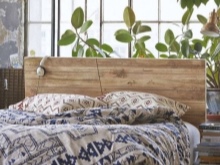
Favorable indoor plants
Indoor flowers are full of variety. But for the bedroom, representatives of green plants are more suitable, without a large number of flowers and a sugary aroma:
- Chlorophytum - an excellent humidifier, which is important for dry heating seasons. Also, the plant cleans the air of harmful gases, eliminates microorganisms, acts as a neutralizer of toxic compounds. Four such plants are enough to completely clean one room.
- Sansevieria or "mother-in-law's language" has a lot of advantages. This plant produces oxygen both day and night, ideally 8 sheets are enough for everyone present in the bedroom for the maximum beneficial effect - strengthening immunity, stabilizing pressure, fighting headaches. It copes well with the filtration of harmful substances such as benzene and formaldehyde, which is perfect for city apartments.
- Spathiphyllum or peace lily - a feminine flower for feminine energy. Along with the active production of oxygen, it perfectly moisturizes the air, thus neutralizing microbes that are dangerous to the respiratory tract. This flower is also responsible for the normalization of energy. It also perfectly detoxifies alcohols, acetone, ammonia, benzene, xylene. Spathiphyllum will ease the condition during aggressive fragrances from the repair of neighbors.
- Ficus neutralizes harmful toxins by releasing phytoncides into the air, which reduces the risk of viral diseases. It humidifies the air well and enriches the room with oxygen. The leaves of the plant retain dust, which can then be easily removed with a damp cloth. From the point of view of Feng Shui teachings, this plant brings peace and tranquility, which is why it is so valuable for the bedroom.
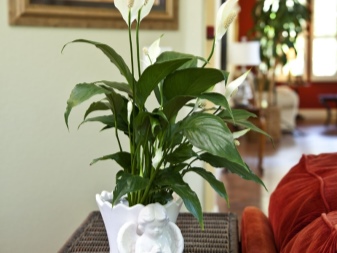
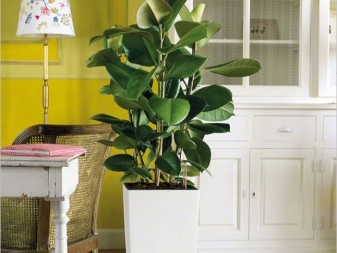
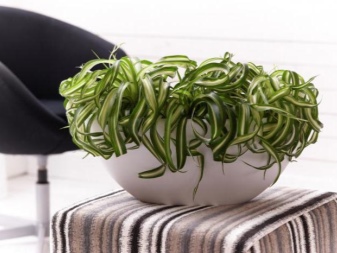
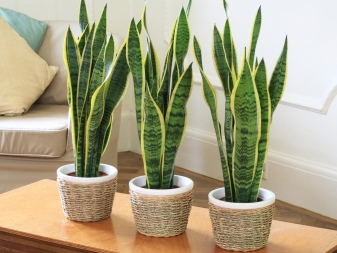
- Ficus Benjamin able to relieve stress and normalize sleep. It copes well with the smells of household chemicals, finishing materials. Enriches the room with oxygen and helps to humidify the air.
- Geranium or Pelargonium is a neutralizer of carbon monoxide and chemicals. Saves from staphylococcus and streptococcus. It has a beneficial effect on the nervous system and respiratory organs. The plant is perfectly combined with female energy, thereby perfectly influencing the hormonal background. The scent of the flower perfectly repels insects, however, this can also cause allergies, so before purchasing you need to first check its absence.
- Hamedorea - a plant that saturates the air with ozone, the smell of freshness.Fills the room with oxygen and humidifies the atmosphere. Along with these properties, it perfectly copes with the absorption of toxic mixtures and neutralization of benzene and trichlorethylene.
- Chrysanthemum brings the energy of tranquility. It releases phytoncides and perfectly absorbs such household aromas as cigarette smoke, the smell of plastic, ammonia. neutralizes formaldehydes.
- Violet stabilizes nervous processes. The psycho-emotional impact depends on the color. White flowers weaken nervous breakdowns, relieve stress, purple flowers unite, rid the house of negative energy, and red and pink serve as a source of satisfaction and joy.
- Cactus cleans the air well, and the longer the needles, the better for the bedroom. Fights microbes, reduces air ionization, which is the key to protection from electromagnetic waves.
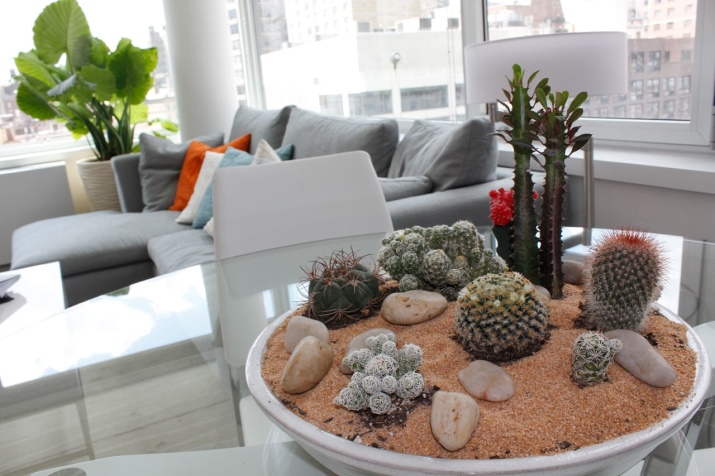

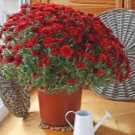


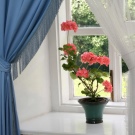
- Dracaena tones up and cleanses the energy, while enhancing positive emotions. It moisturizes the air well and enriches the space with oxygen.
- Aloe kills disease-causing bacteria, revitalizing the bedroom atmosphere. Two or three plants are able to maintain immunity in excellent condition during the most dangerous periods. It also absorbs toxic substances from health-damaging chipboard furniture (up to 90 percent). From a medical point of view, this plant is also unique. The energy of the plant creates protection against misfortunes and removes electrification, while the plant does not like a large number of people.
- "Money Tree", first of all, is responsible for the material side, and is a symbol of prosperity, accumulating positive energy. It also absorbs negative energy, cleansing the space. It can rightfully be called a filter plant, as it neutralizes harmful substances and absorbs odors. It gives off oxygen well.
- Begonia as well as the money tree - a symbol of wealth. The scent helps to cope with depression and illness. The flower is especially recommended for an elderly person's bedroom. Neutralizes harmful microbes.
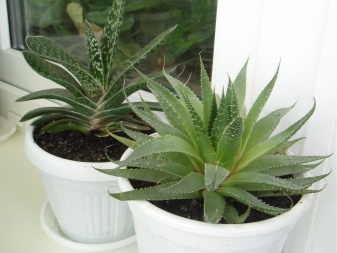
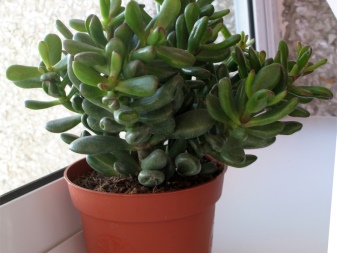
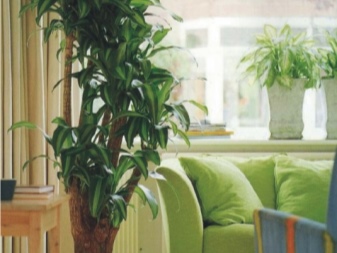
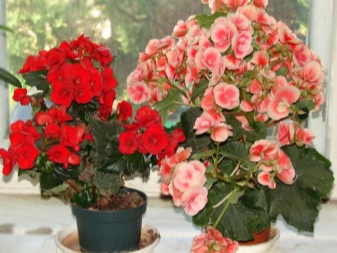
- Kalanchoe - plant antidepressant. It actively releases oxygen, helping to humidify the air.
- Palm - a wonderful decorative element for the bedroom. Along with beauty, it enriches with oxygen and humidifies the room in which it is located. It is a source of energy, freshness and strength.
- Laurel Is a versatile plant. Moisturizes and purifies the air in the bedroom. Calms the nervous system, relieves migraines, intestinal spasms, increases blood circulation, which is beneficial for the brain.
- Citrus - lemon, orange, tangerine, lime - all of them have a beneficial effect on the respiratory system and produce healing substances, which have a beneficial effect on the aura of the room. They kill germs and reduce their reproduction.
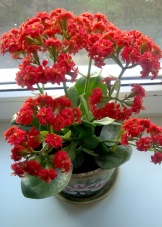

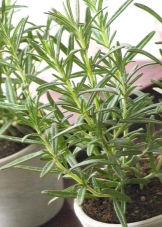
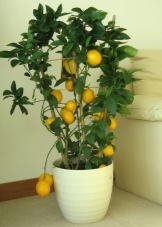
Which ones are not suitable for the bedroom?
Still, not all representatives of the green family are suitable for the bedroom. These include plants of the night - those that are active at night and absorb oxygen, have a strong smell, which threatens with allergies, neuroses and nausea, and those that, according to the teachings of feng shui, are energetic not suitable for the bedroom:
- Orchid... It would seem, why not keep such a delicate and beautiful flower in the bedroom? But from the point of view of energy and essential oils, this plant is dangerous for sleep. The orchid is dangerous because it provokes insomnia, headaches, an aggressive and irritated state in the morning and depressive and tired throughout the day.
- Lily... It hurts with its excessive absorption of oxygen and a large release of carbon dioxide, hence the morning headaches and a feeling of depression and fatigue. Fern can be attributed to the same type of sleeping pests.
- Jasmine... Just like lily, it absorbs a lot of oxygen, but in addition to this, its bright smell can cause allergic reactions, nausea and headaches.
- Dieffenbachia... The plant is rich in moisturizing properties, it cleans the air well from phytoncides, but at the same time it is very poisonous. Juice contact with the skin causes severe irritation and itching.It is even worse if the plant gets on the mucous membrane - swelling of the tongue and blindness will become its consequences. These include tuberose, croton, Japanese rodea, oleander.
- Hydrangea... The plant is beautiful, but fraught with allergic reactions from the aroma and pollen of the plant.
- Monstera... Absorbs energy, thereby literally "strangling" a person in a dream, taking a large amount of oxygen in the bedroom.
- Philodendron... Dangerous by poisoning and damage to the gastrointestinal tract.
- Azalea... A luxurious hat of dense flowers is not suitable for a bedroom, as it can cause cramps and even colic and stomach cramps.
- Mimosa and Gesner's tulip. Dangerous for the scalp, as it negatively affects the hair follicles, which is fraught with hair loss and baldness.
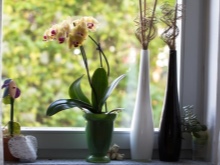

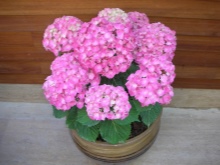
We take into account the location
It is not worth arranging flower beds in the bedroom, because the plants absorb oxygen and can choke the owner with a large amount. 3-4 large plants are enough for a bedroom. The larger the flower in size, the further it should be located from the sleeping place, as it can "steal" oxygen and the strength of the sleeping person. Tall plants are placed closer to the window at a distance of two meters. Smaller plants can be kept closer, but not less than a meter from the bed.
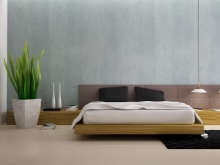

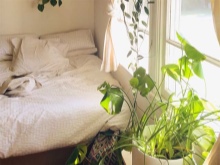
Plants can be in pots, on pedestals and shelves, or in a suspended state. It already depends only on the desire of the owners and the design of the bedroom.
It should be remembered that the higher the flower, the more it needs to be humidified, because dry and warm air rises. But plants on the floor can be limited to weekly watering.
The design is refreshed by tall plants with developed leaves. But for lovers of tranquility, small plants are suitable. For calm pastel colors of the bedroom, begonias are suitable, they will help to revitalize the geranium space with bright colors. However, do not overdo it with variegation, so as not to overload the eyes and not tire the brain. The bedroom is, first of all, a place to relax.
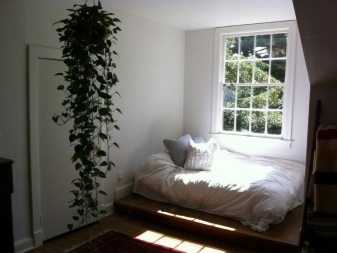
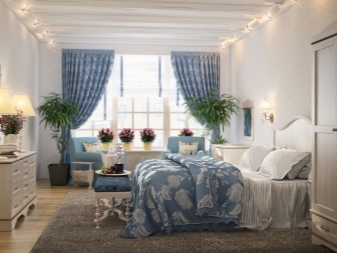

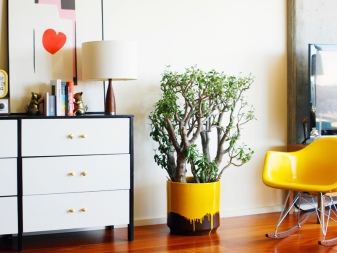
Selection Tips
For a bedroom, it is better to choose unpretentious flowers, since this place is often dark, dry and warm enough.
Shade-loving plants will feel as comfortable as possible in the bedroom. When choosing colors, you need to consider the following points:
- the plant should not contain poisons;
- lack of harsh aromas;
- positive energy of the flower.
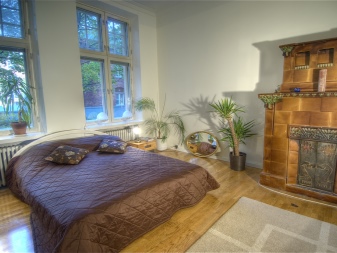
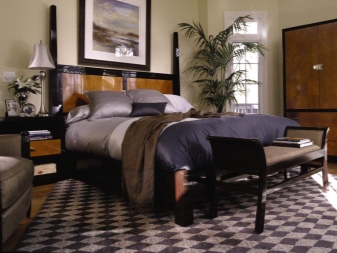
Pick plants that are neat and well-developed. This is important to preserve their positive energy for the family lodge. But feng shui recommends placing flowers of red and orange shades in the room to improve the sex life of partners. Exotics and unfamiliar plants should not be taken into the bedroom. Slow-growing flowers work best as they absorb less energy. Household plants should contain maximum benefits, and for the bedroom, these plants should be additional moisturizers and purifiers.

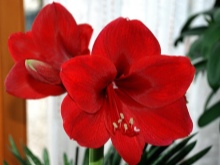
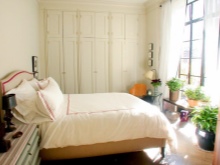
Artificial flowers as an alternative
If you are not a lover of greenery, then artificial flowers can be a great alternative. Today the market is replete with various representatives of flora, and in appearance they are not inferior to living flowers. They are good for their unpretentiousness - they do not need to be watered, changed the land, sprayed.
If the bedroom is on the sunny side, then artificial flowers will decorate the windowsills and there will be no risk that they will burn out from excessive exposure to sunlight. They will only burn out a little, after which they can be replaced. As great as fake flowers are, remember that they collect dust, so they need to be constantly cleaned to avoid allergies and irritations.
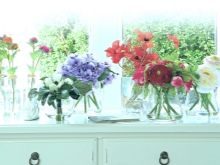
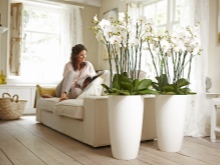
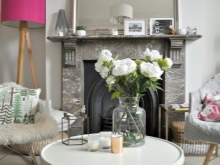
Green plants always bring an atmosphere of comfort and warmth to the house. They also affect mood and health. Therefore, you need to carefully select flowers for the bedroom so that this place becomes a real paradise for relaxation and recovery.
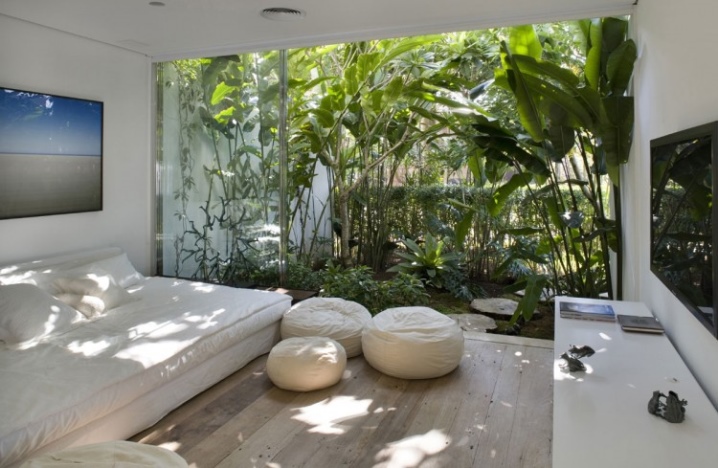
Watch a video on the topic.













The comment was sent successfully.